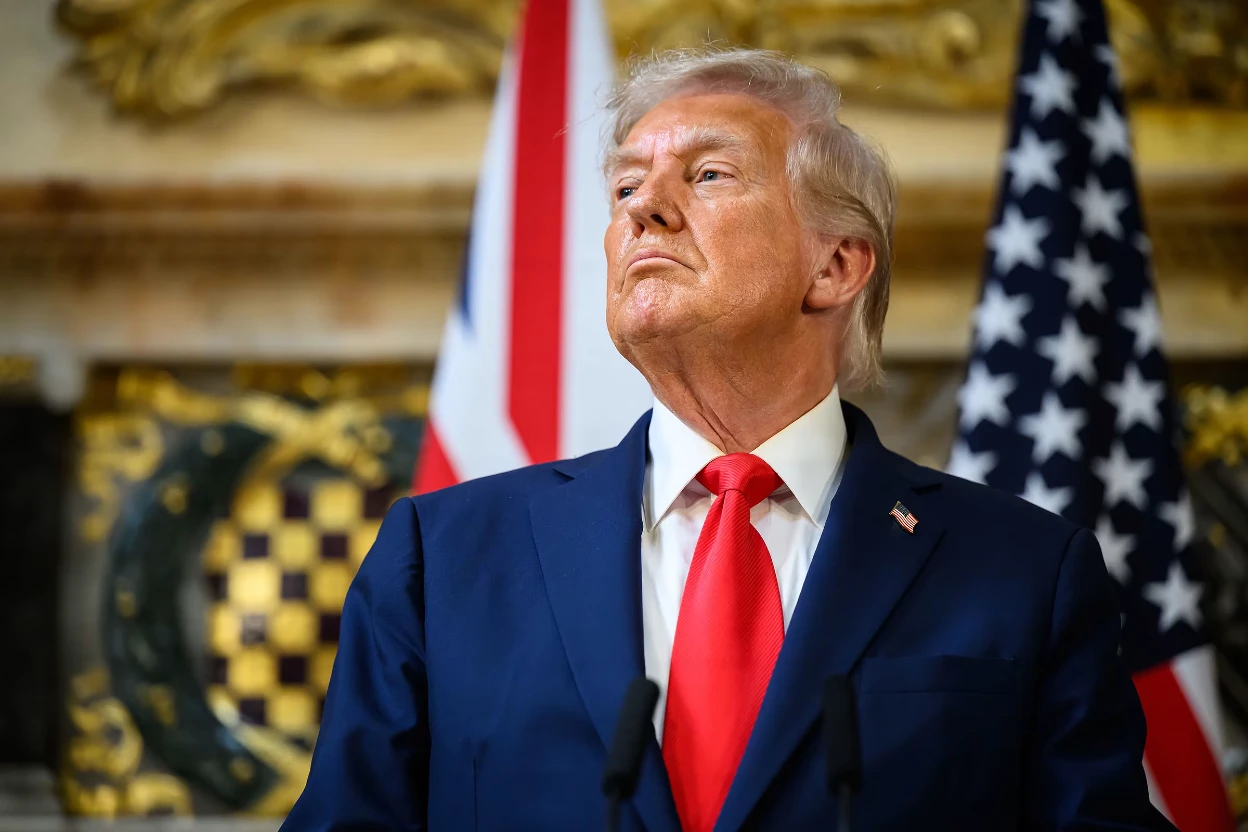Israeli government approves US-brokered Gaza ceasefire and hostage release deal
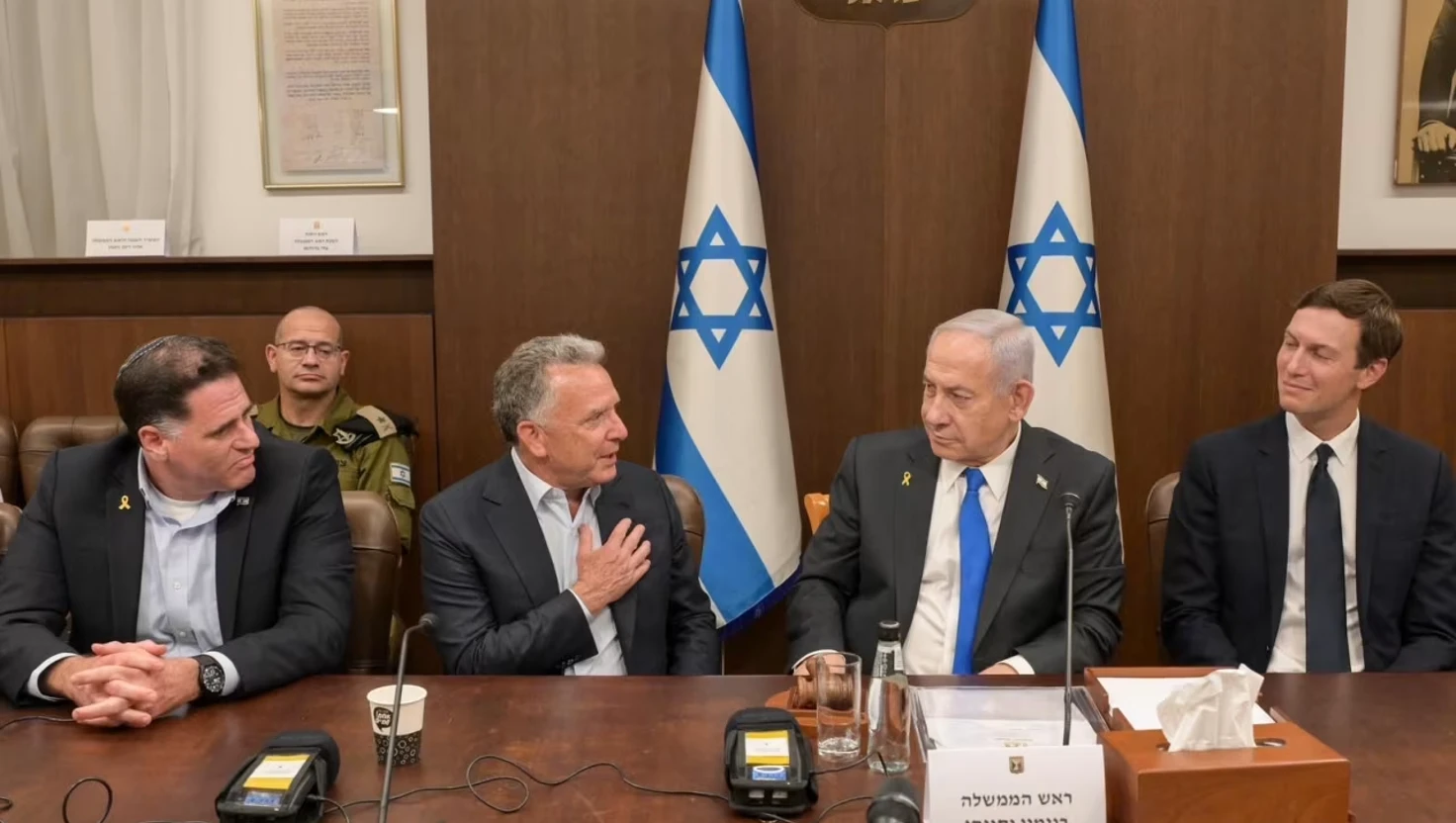
The Israeli government has ratified a ceasefire agreement with the Palestinian militant group Hamas, marking a significant step towards resolving ongoing hostilities in Gaza. This decision comes only a day after mediators announced the deal, which includes the release of Israeli hostages in exchange for Palestinian prisoners. The agreement has attracted international attention and triggered various responses across the region.
Ceasefire Announcement
In a cabinet meeting early on Friday, Israeli Prime Minister Benjamin Netanyahu confirmed that the framework for the release of hostages, both living and deceased, had been approved. According to Netanyahu, the release of these captives is crucial to bringing an end to the ongoing conflict, which has persisted for over two years, following Hamas's attack on Israel in October 2023.
The ceasefire agreement was brokered in Egypt and is associated with a 20-point peace plan proposed by US President Donald Trump last month. The plan aims to not only establish a ceasefire but also to address broader issues, including the disarmament of Hamas and the establishment of a transitional authority in Gaza.
US Military Involvement
As part of this new agreement, the United States is dispatching approximately 200 troops to the Middle East. This military contingent aims to monitor the ceasefire’s implementation and ensure adherence to the terms of the agreement. According to US officials, this team will collaborate with soldiers from partner nations, including Egypt and Qatar, as well as representatives from non-governmental organisations. Importantly, it has been clarified that US troops will not enter Gaza itself.
While discussing the ongoing negotiations, a senior Hamas official, Osama Hamdan, remarked that a formal declaration to end the conflict must precede the release of hostages. This reflects the complex and often tenuous nature of the negotiations between the two parties.
Continuing Challenges
Despite a sense of optimism surrounding the announcement, significant challenges remain to be addressed. The Israeli government's approval of the ceasefire has not yet fully translated into actions on the ground, as reports from Gaza indicate continued military activity. At least 30 individuals have reportedly been killed since the deal was announced, raising concerns about the fragility of the ceasefire.
The humanitarian situation in Gaza, exacerbated by two years of conflict, continues to be dire, with severe shortages of food, medical supplies, and basic resources. The United Nations and other humanitarian agencies are preparing to deliver substantial aid, with expectations of 170,000 metric tons of supplies being deployed in the early days of the ceasefire.
Reactions to the Agreement
Reactions to the ceasefire deal have been mixed, both in Israel and Gaza. While many celebrated the potential cessation of hostilities, others expressed scepticism regarding the likelihood of lasting peace. Some Gazans who have endured unimaginable losses voiced mixed feelings about the prospect of returning to normalcy.
“I feel helpless in front of my children. I have suffered so much with them to stay alive, but I cannot fulfil their desires and ambitions,” lamented one displaced health worker.
High-level meetings in Israel surrounding the agreement included discussions between US negotiators and local government officials. Jared Kushner and Steve Witkoff, both aides to Donald Trump, indicated that Netanyahu's leadership and decisions played a critical role in bringing the ceasefire to fruition. Kushner expressed gratitude towards the Prime Minister for his tough negotiations during the war.
The ongoing dynamics of the region, influenced by various factions, remain sensitive. Observers are keeping a close eye on how Israel and Hamas will navigate the complexities of the agreement, including the outstanding issues around disarmament and prisoner exchanges. The deal represents a fragile arrangement, with officials acknowledging that mutual distrust could derail the progress made.
Looking Ahead
As discussions continue, the international community is hopeful that the ceasefire will lead to a sustained improvement in the humanitarian situation in Gaza. Aid organisations emphasize the need for ongoing collaboration among nations to stabilise the region and alleviate the suffering of its people.
As of now, the ceasefire appears to be a pivotal moment in the relationship between Israel and Hamas, but the path toward lasting peace remains uncertain.
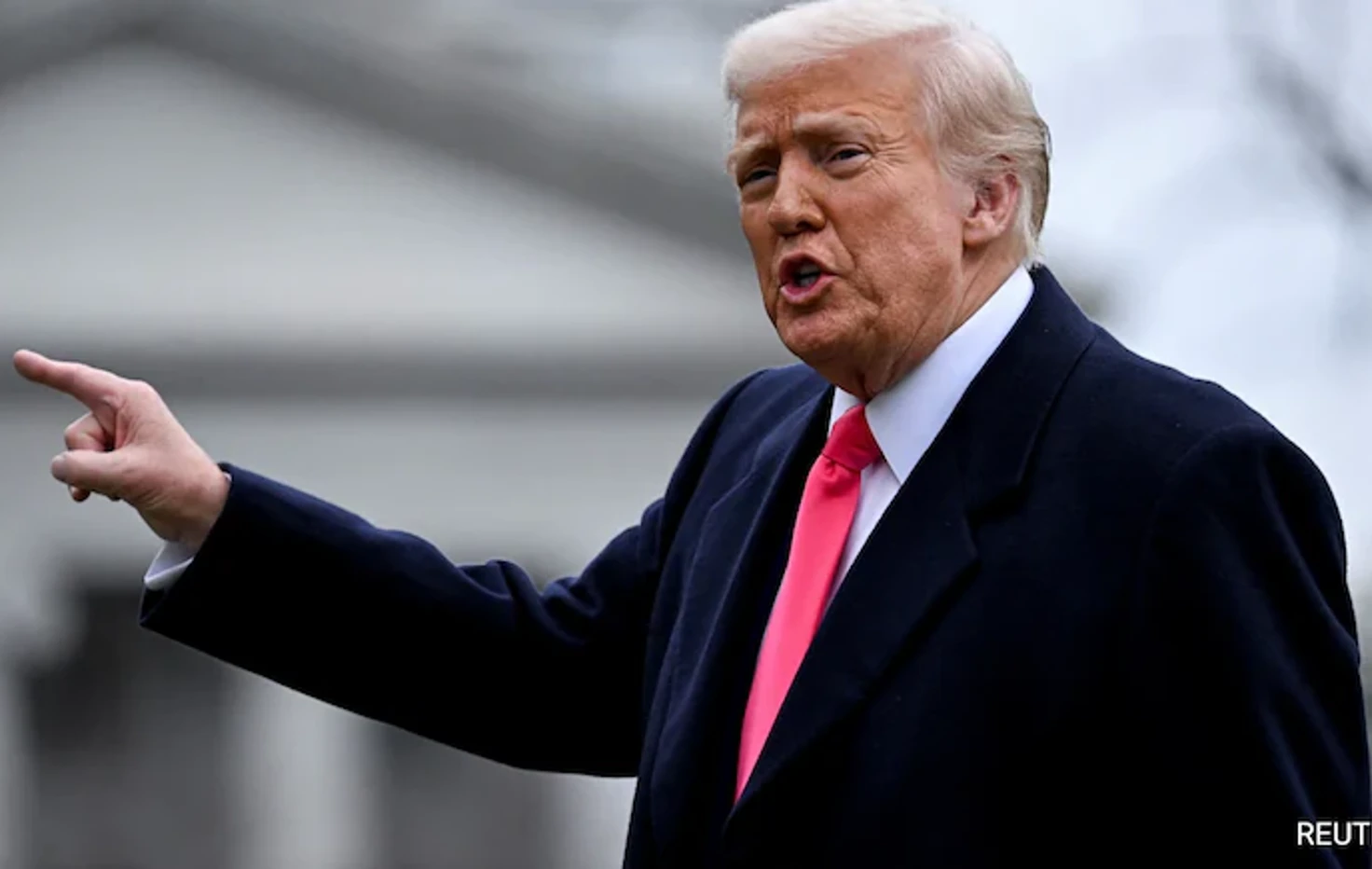
Israel and Hamas sign off on Gaza Peace Plan. Trump likely to visit Egypt this weekend
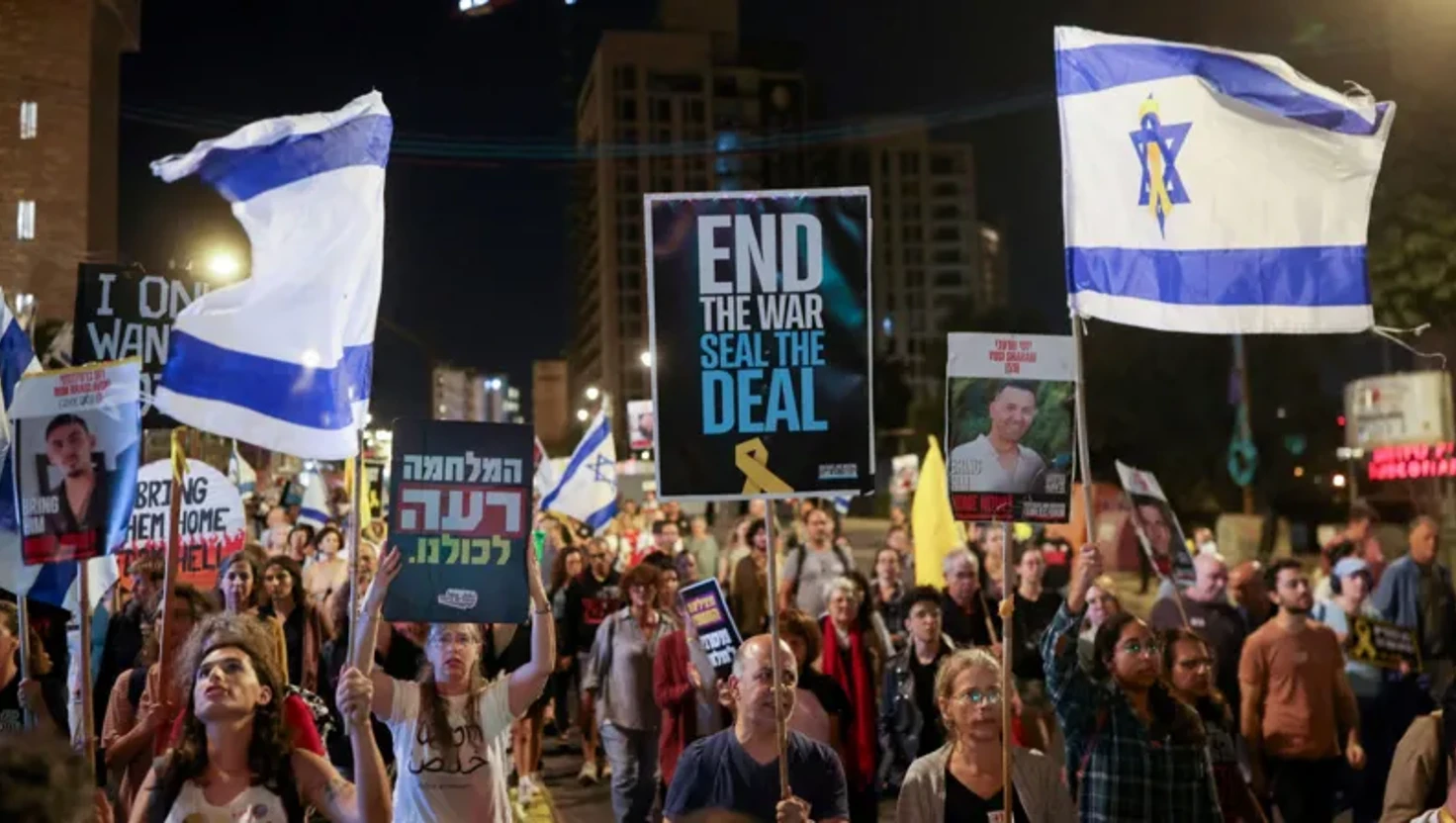
Trump urges Israel and Hamas to advance ceasefire plan, Netanyahu hopes to announce hostage release within days
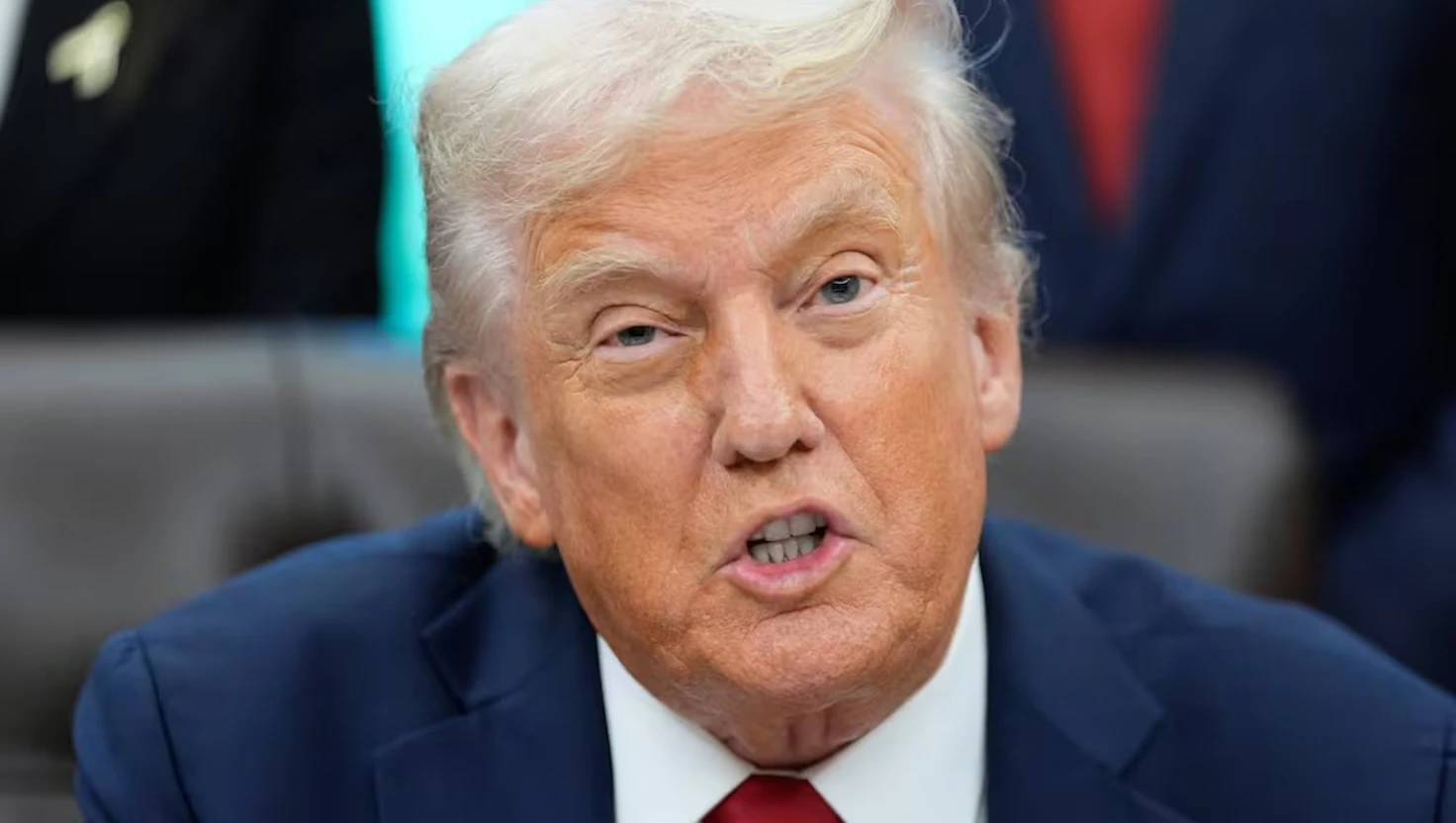
Trump orders Israel to stop bombing Gaza after Hamas backs parts of his peace plan
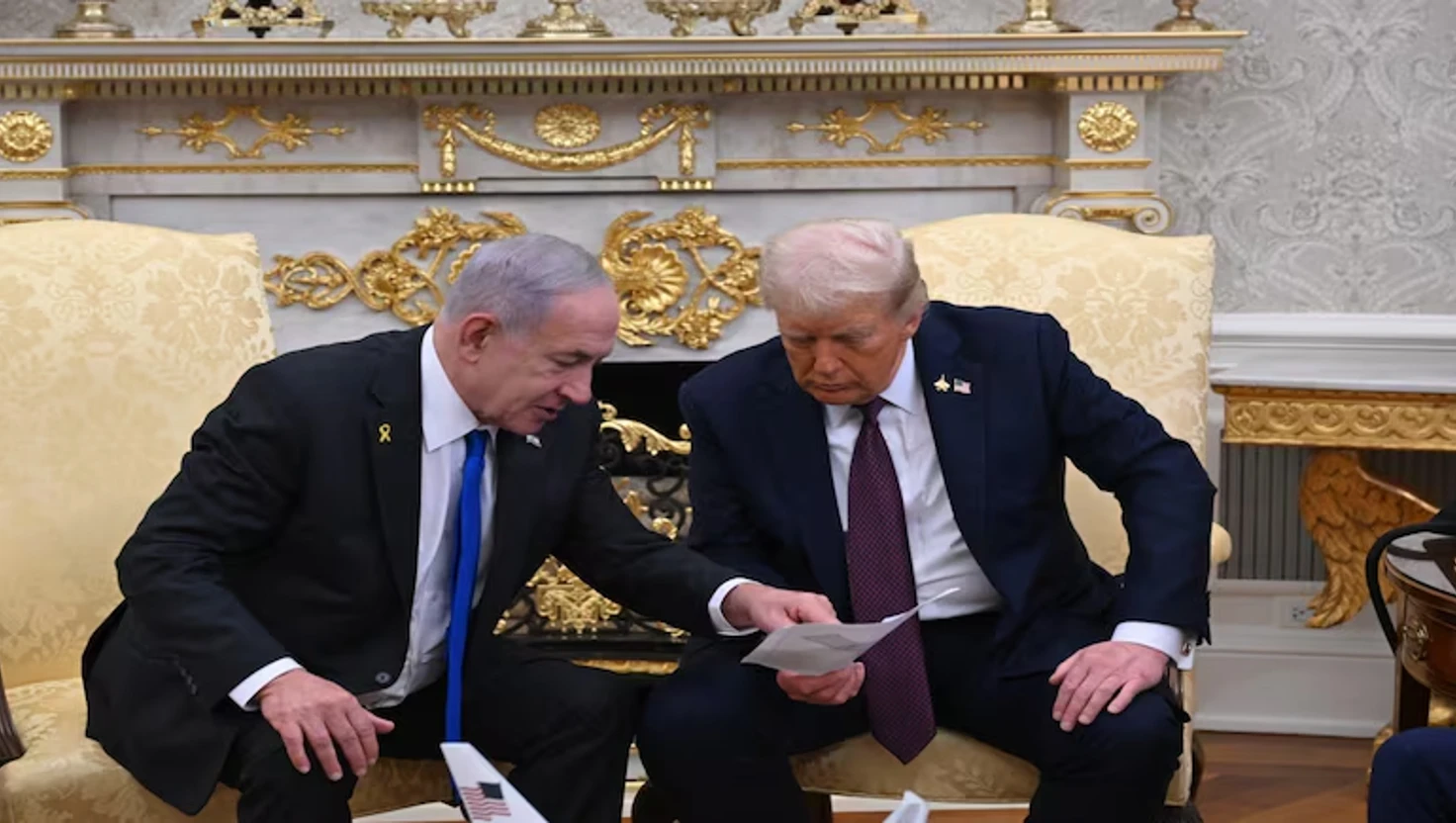
Trump says israel has agreed to his 20-point peace plan to end war in Gaza
